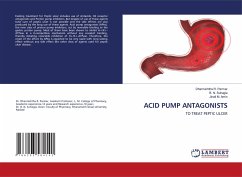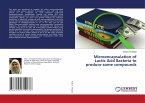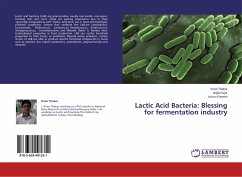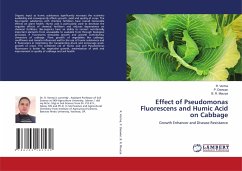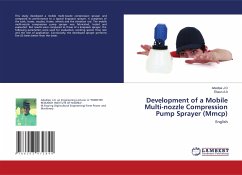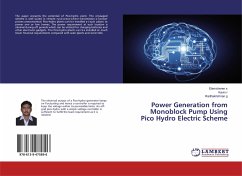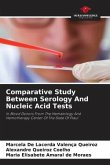Existing treatment for Peptic ulcer includes use of Antacids, H2 receptor antagonists and Proton pump inhibitors. But despite of use of these agents total cure of peptic ulcer is not possible and the side effects are also produced by the long use of these agents. Acid pump antagonists (APAs), the new class of proton pump inhibitors, act by reversible binding to the gastric proton pump. Most of them have been shown to inhibit H+/K+-ATPase in a K-competitive mechanism without any covalent binding, thereby initiating reversible inhibition of H+/K+-ATPase. Therefore, the onset of the effect by APAs is expected to be very rapid with long lasting effect without any side effect like other class of agents used for peptic ulcer disease.
